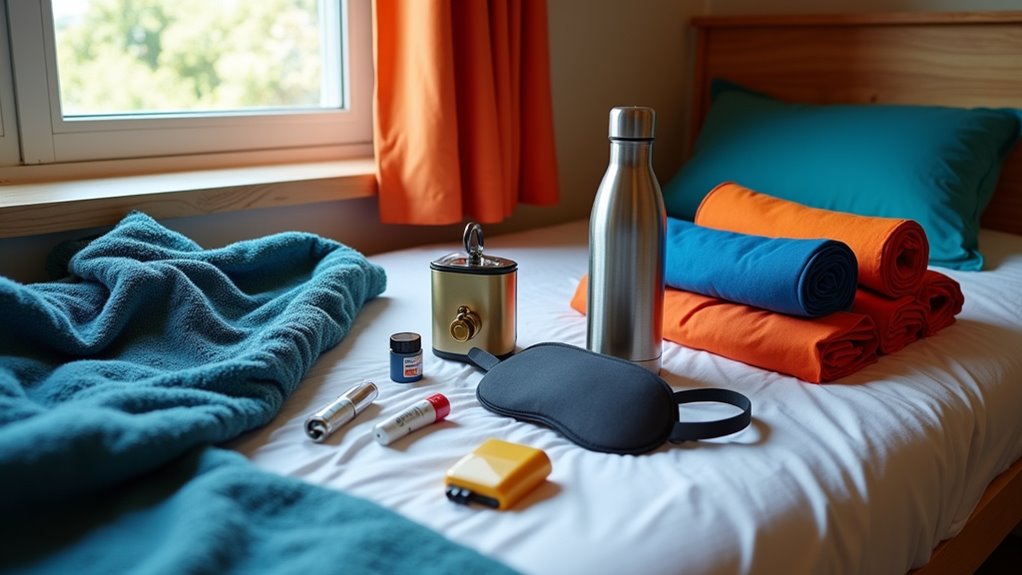In backpacker travel, couch surfing means you stay in a local’s home for free, sharing living space—sometimes just a couch—and experiencing daily life from an insider’s perspective. You connect with hosts using platforms like Couchsurfing.com, exchange cultural insights, and rely on community reviews for safety and trust. This arrangement lets you save money while learning customs directly from residents, often gaining access to local advice and authentic routines. Detailed expectations and etiquette matter, as further explained ahead.
Although backpacking often conjures images of hostels and budget hotels, couch surfing has become a popular alternative for travelers seeking affordability and cultural immersion. When you choose couch surfing, you’re participating in a hospitality exchange network where travelers stay with locals at no cost. This system connects you to hosts around the world, whether you’re looking for a night on a spare couch, a guest room, or sometimes even a private space with amenities. The core idea of couch surfing isn’t just about finding a place to sleep—it’s about experiencing life as locals do and building meaningful connections.
Platforms like Couchsurfing.com and Couchers.org are central to this process. These sites let you create a profile, browse potential hosts or guests, and initiate conversations. By using these platforms, you join a global community focused on sharing accommodations and experiences rather than monetary transactions. The emphasis is on cultural exchange, so you’re likely to form new friendships and gain access to valuable local insights that you wouldn’t find in a guidebook. Couchsurfing reviews, also known as references, serve as an important tool for building trust between users and maintaining transparency in the community. Couchsurfing’s transition from a non-profit to a for-profit model in 2011 marked a significant change in how the platform operated and affected the community dynamics.
Safety remains a primary concern for users, and you must follow recommended precautions. Always review host profiles carefully, check user reviews and references, and avoid any interactions that seem suspicious. Both guests and hosts rely on these community-driven feedback systems to maintain a trustworthy environment. Sticking to community guidelines and sharing honest reviews after each stay helps uphold standards for everyone.
For backpackers, couch surfing offers a budget-friendly way to travel, but the benefits extend beyond saving money. Staying with locals allows you to immerse yourself in regional customs, languages, and daily routines. Many hosts are enthusiastic to share tips, recommend destinations, or even provide meals and use of facilities like kitchens. Accommodations can vary greatly, so it’s important to discuss expectations in advance.
Participating in couch surfing also means joining a worldwide network that values openness, mutual respect, and hospitality. The reciprocal nature of the exchange can lead to lasting friendships and future travel opportunities. By engaging with this model, you support a culture of global community and authentic travel experiences.









